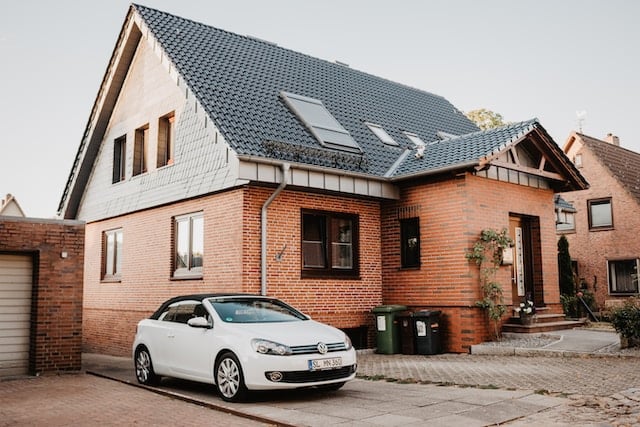
The expansion of Permitted Development Rights
One of the key elements of the Chancellor’s Spring statement at the beginning of the year included the controversial expansion to Permitted Development Rights. This change will come into effect on 25th May and be exceptionally beneficial for developers.
Permitted Development Rights allow alterations to be made to certain types of buildings without the need for further planning permission. Over the course of the years, several changes have occurred. In May 2013 changes came into force to allow residential home extensions under permitted development. This temporary permitted development right is in place until May 2019. In 2015, click and collect services by shops was permitted and in 2016, taller mobile masts were allowed in order to boost mobile connectivity.
Come May 2019, Parliament has now expanded permitted development rights to include the right to turn takeaways into residential units, and the right to turn shops into offices. These changes were introduced as part of the Town & Country Planning (Permitted Development, Advertisements and Compensation Amendments) (England) Regulations 2019.
In some situations, you are still required to notify the relevant local authority of the intention to implement under PDR and this known as the Prior Approval process. Examples of where Prior Approval is required include residential extensions, changes of use from retail to eateries and retail to dwelling houses; where issues such as noise, traffic, contamination and neighbour objection may all be of significance.
By Iram Munawar, Senior Surveyor at BLG




